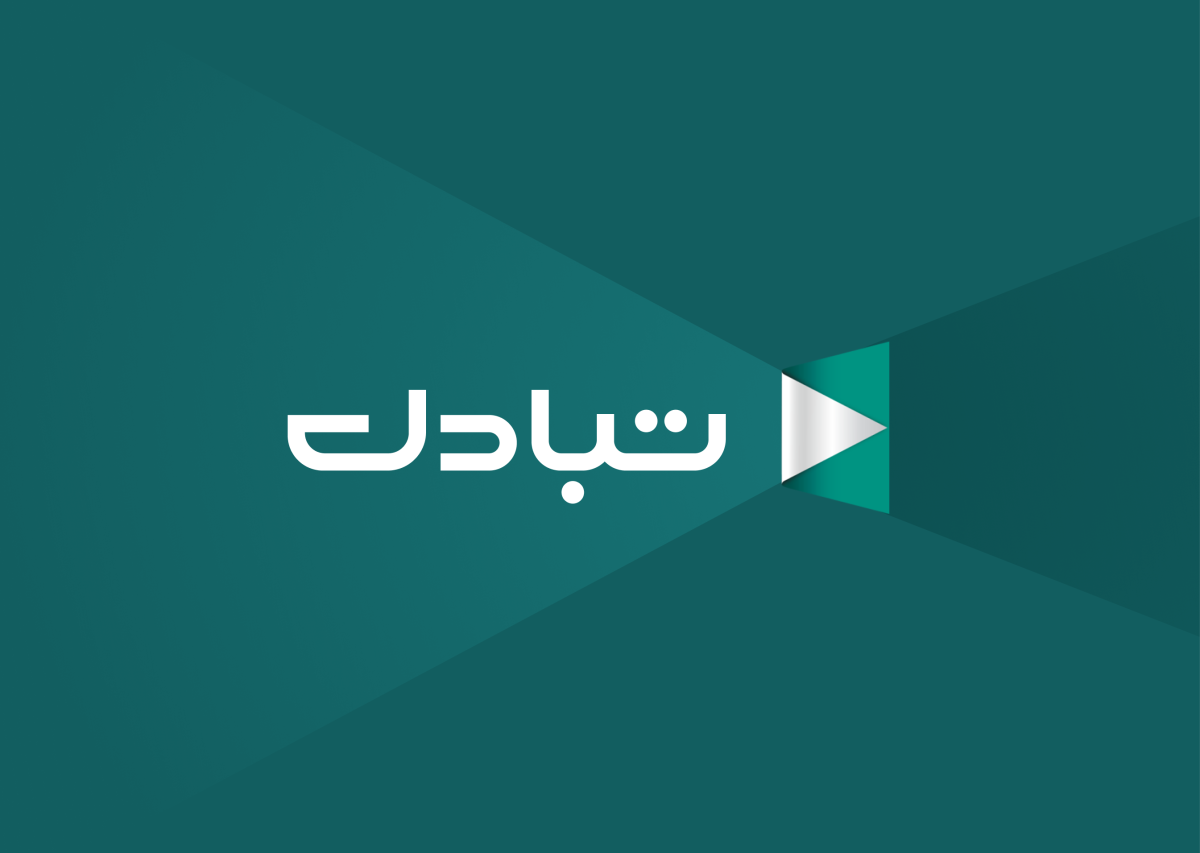In a press release issued yesterday, EU emphasized that the rehabilitation of critical infrastructure and the delivery of better services to Libyans are at the core of the European Union funded programme on « Recovery, Stability and Socio-economic Development in Libya ». Implemented by the Italian Agency for Development Cooperation (AICS), the United Nations Development Programme (UNDP) and the United Nations Children’s Fund (UNICEF), the programme has already delivered important results.
AICS worked closely with the central and local authorities to select over 100 priority interventions in response to the most urgent needs and commenced operations in Janzur, Zuwara, Zawya and Ghat-Tahala, where specialised equipment will soon be provided to 8 health facilities.
UNDP has rehabilitated Al Barkat Clinic center for Ghat and Tahla providing health services to 25,000 people and provided four garbage trucks to Janzour and more than 500 garbage bins to Benghazi, Murzuq, Emsaed and Kufra municipalities.
UNICEF has delivered essential health supplies and medical equipment targeting some 71,000 people, including 26,000 children, as well as water pumps in Ghat to serve around 30,000 people, including 6,000 children.
The EU Ambassador to Libya, Alan Bugeja, stated: “The EU considers municipalities and communities as key for the stabilization, recovery and state-building process in Libya. Therefore, they must be properly empowered and supported to fulfil their role and responsibilities. EU support to municipalities in Libya is already exceeding 140 million EUR, provided through all EU assistance instruments and covering activities in 57 municipalities. Since the inception of the EU support programme, it has provided already over 3,500 Libyan families with basic support. 50 key social infrastructure facilities such as health centres, clinics, and schools have been renovated and started to provide services in the municipalities benefiting over 700,000 people – including migrants, internally displaced persons and Libyan municipalities.”
In this framework, the 50-million-euro allocation was assigned to the three implementing partners (AICS, 22 million euros; UNDP, 18 million euros, and UNICEF, 10 million euros) to enhance access to basic and social services and strengthen local capacity in 24 conflict and displacement-affected municipalities with a focus on health, education, water and sanitation.




